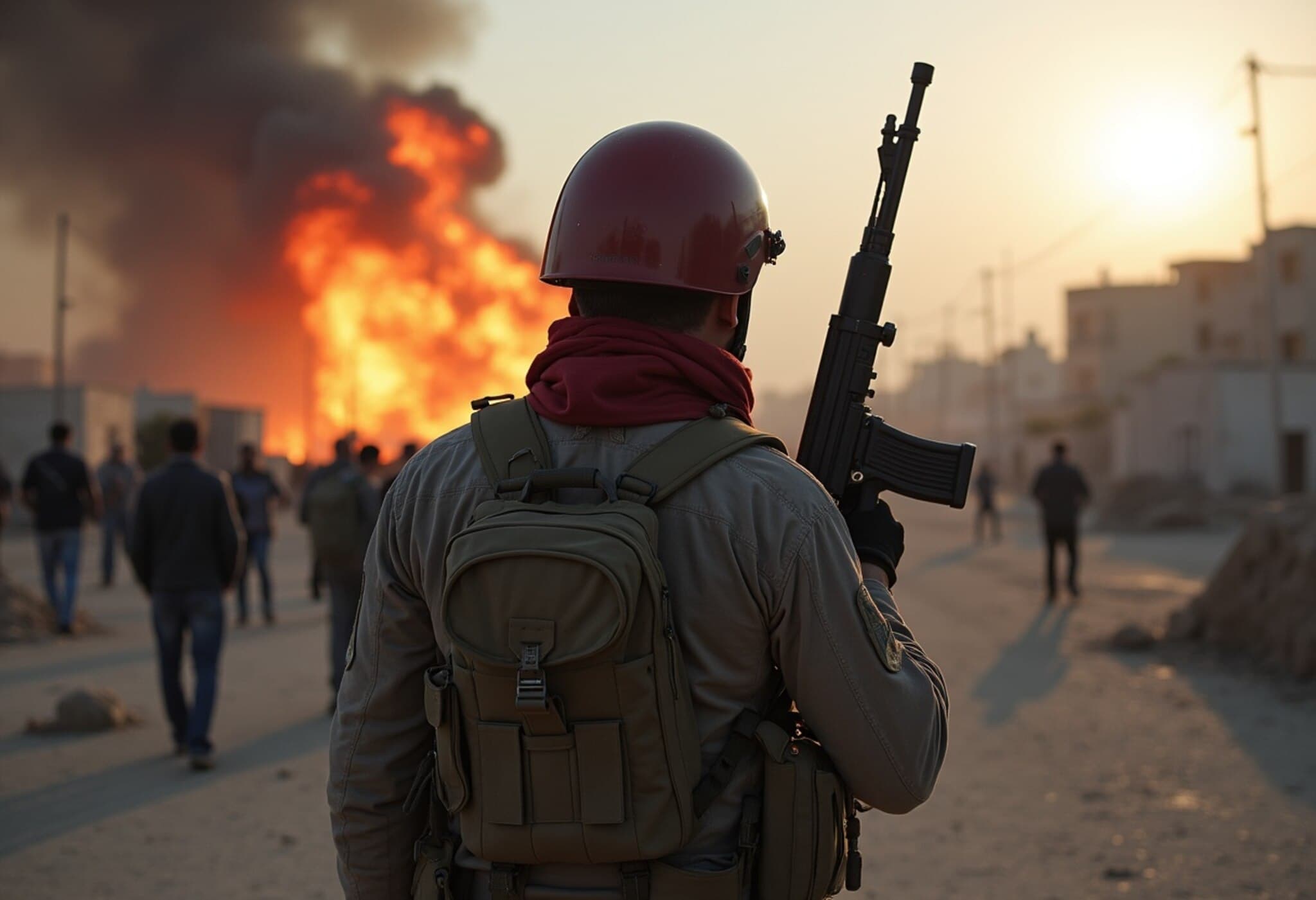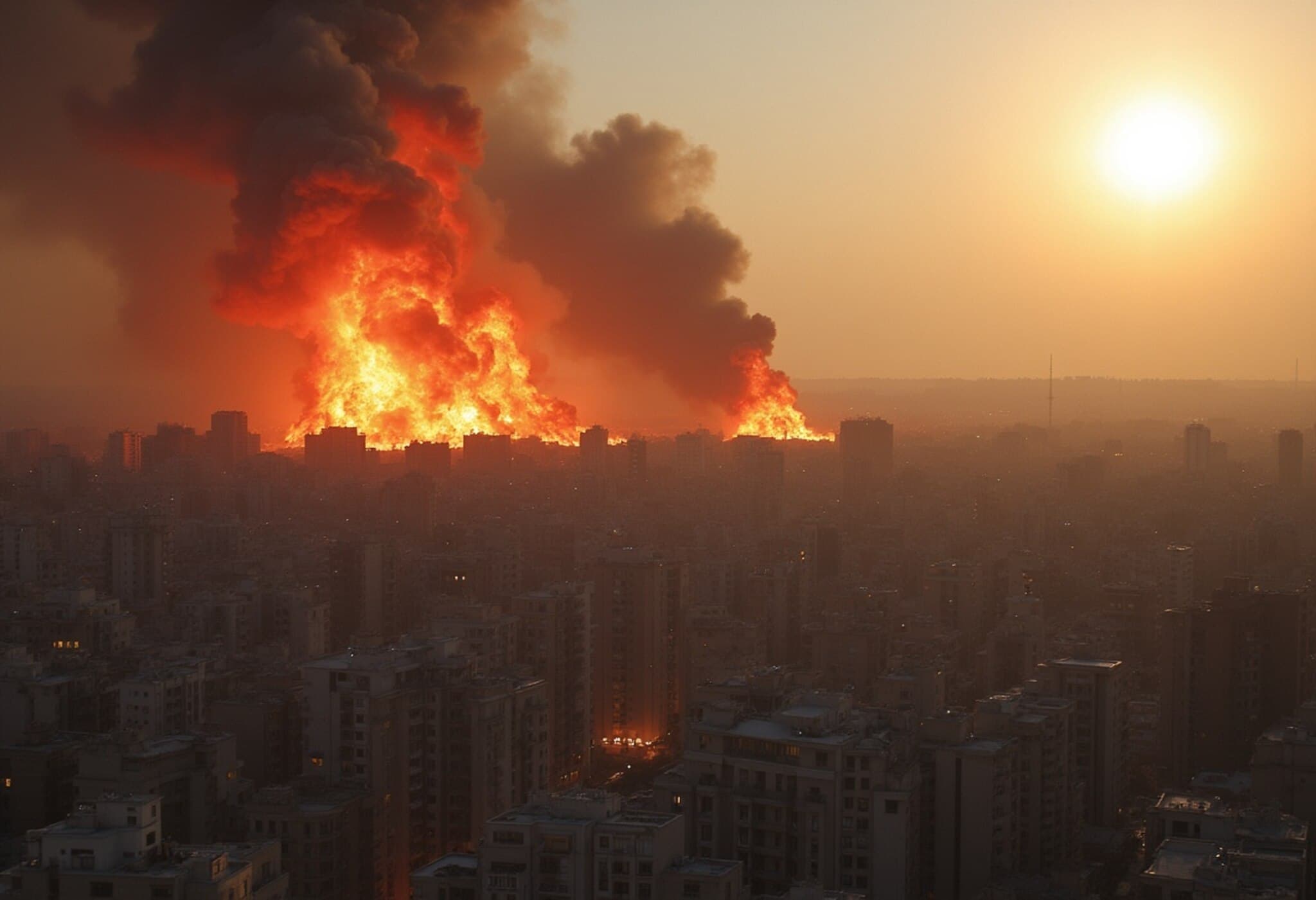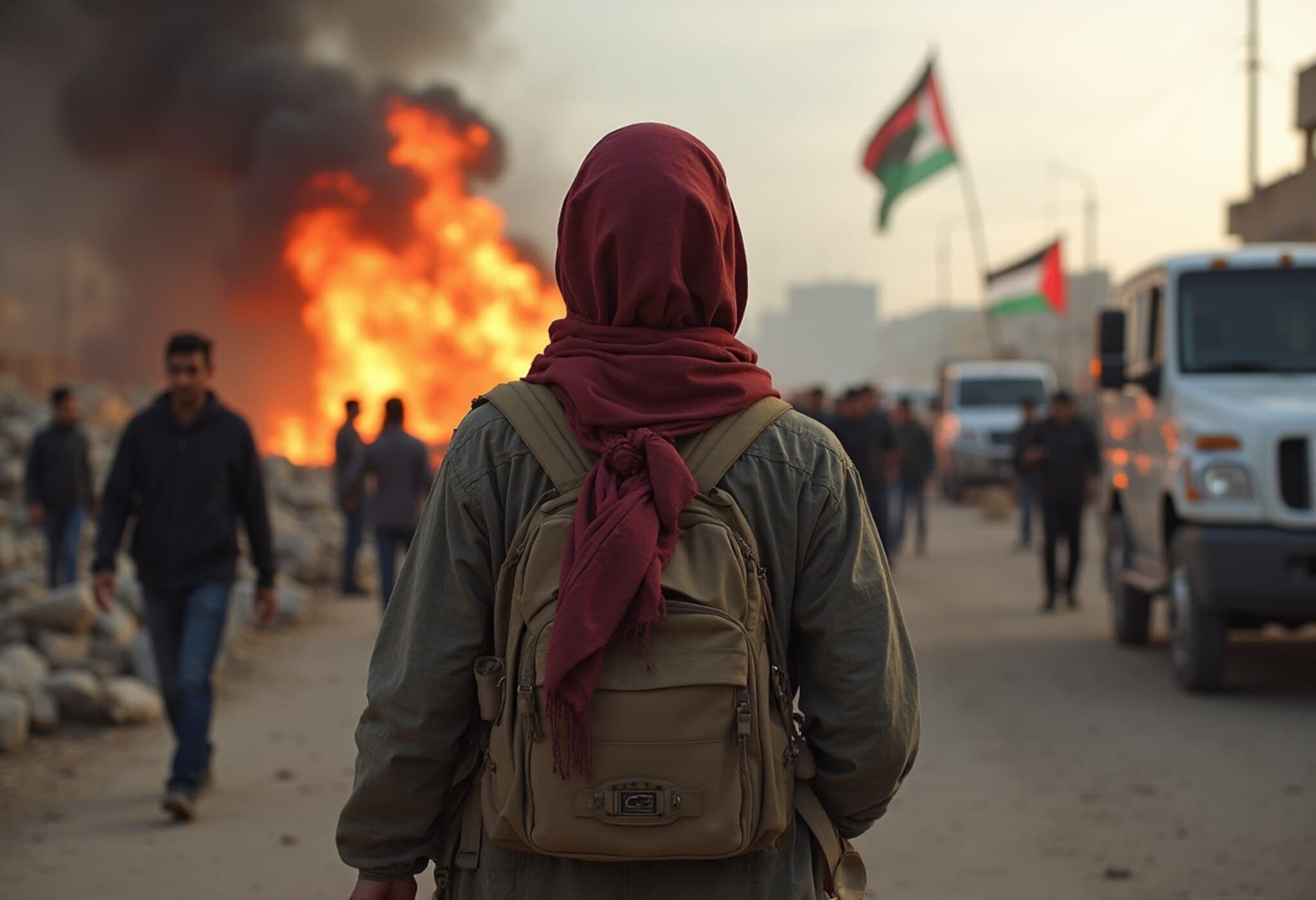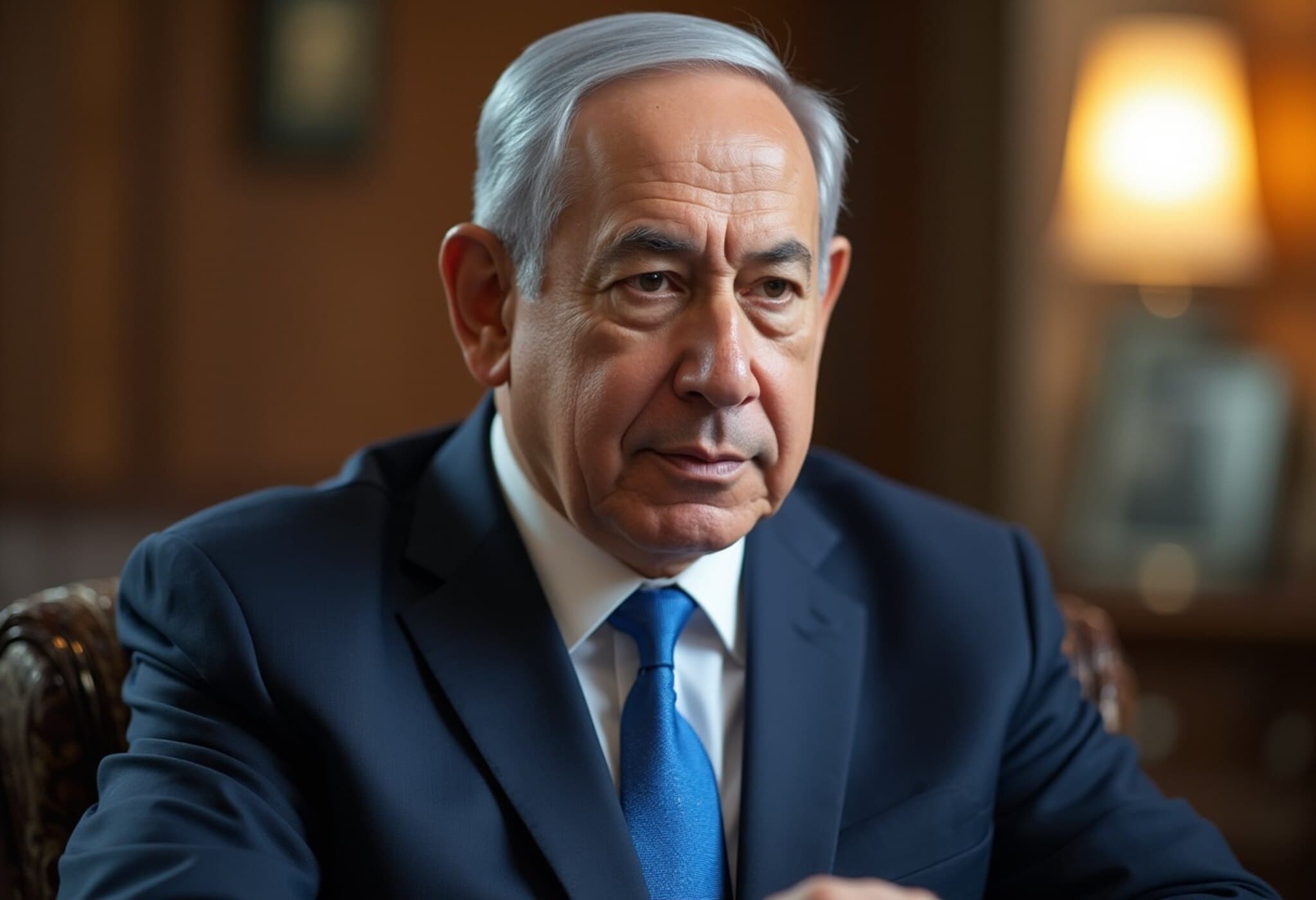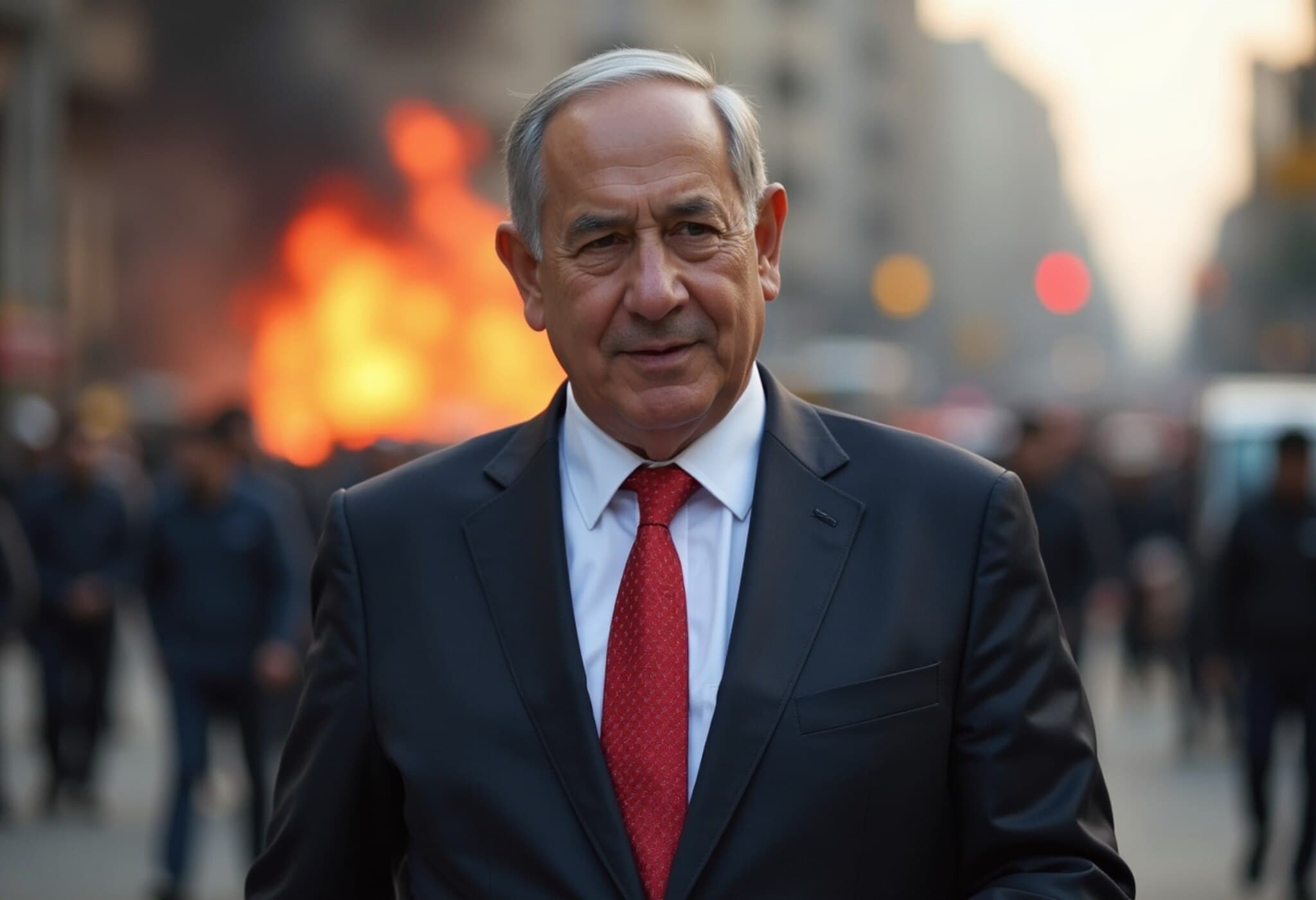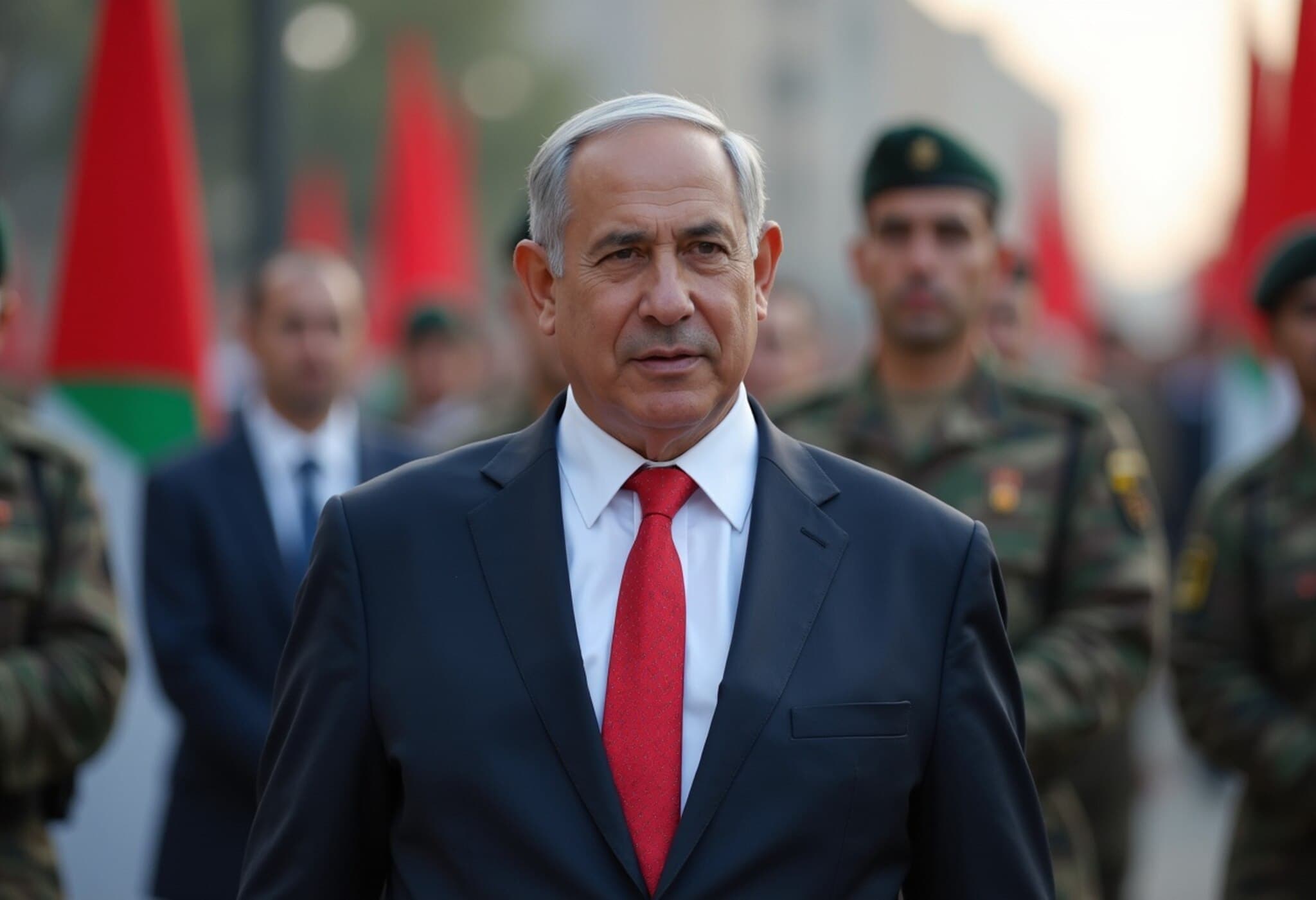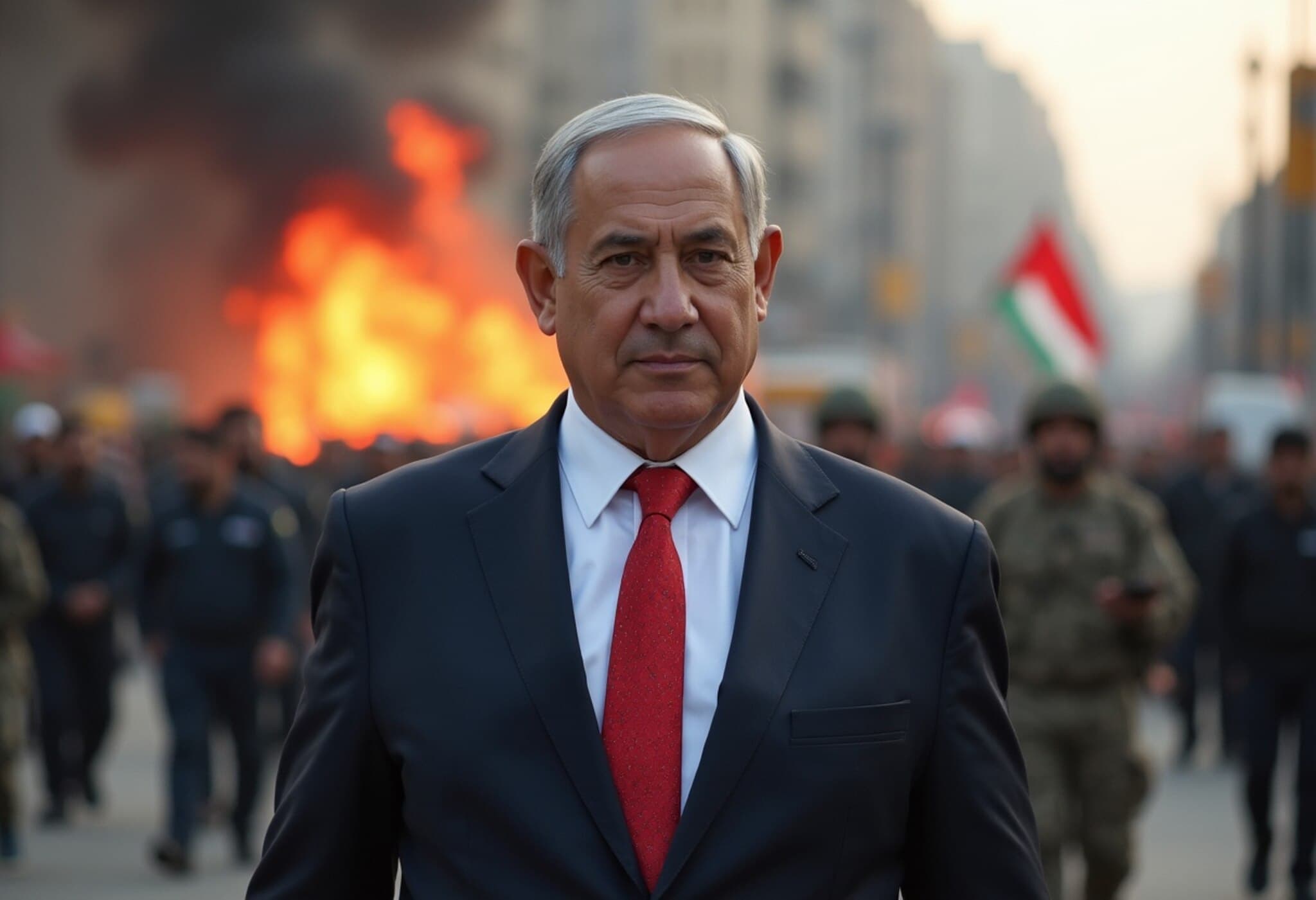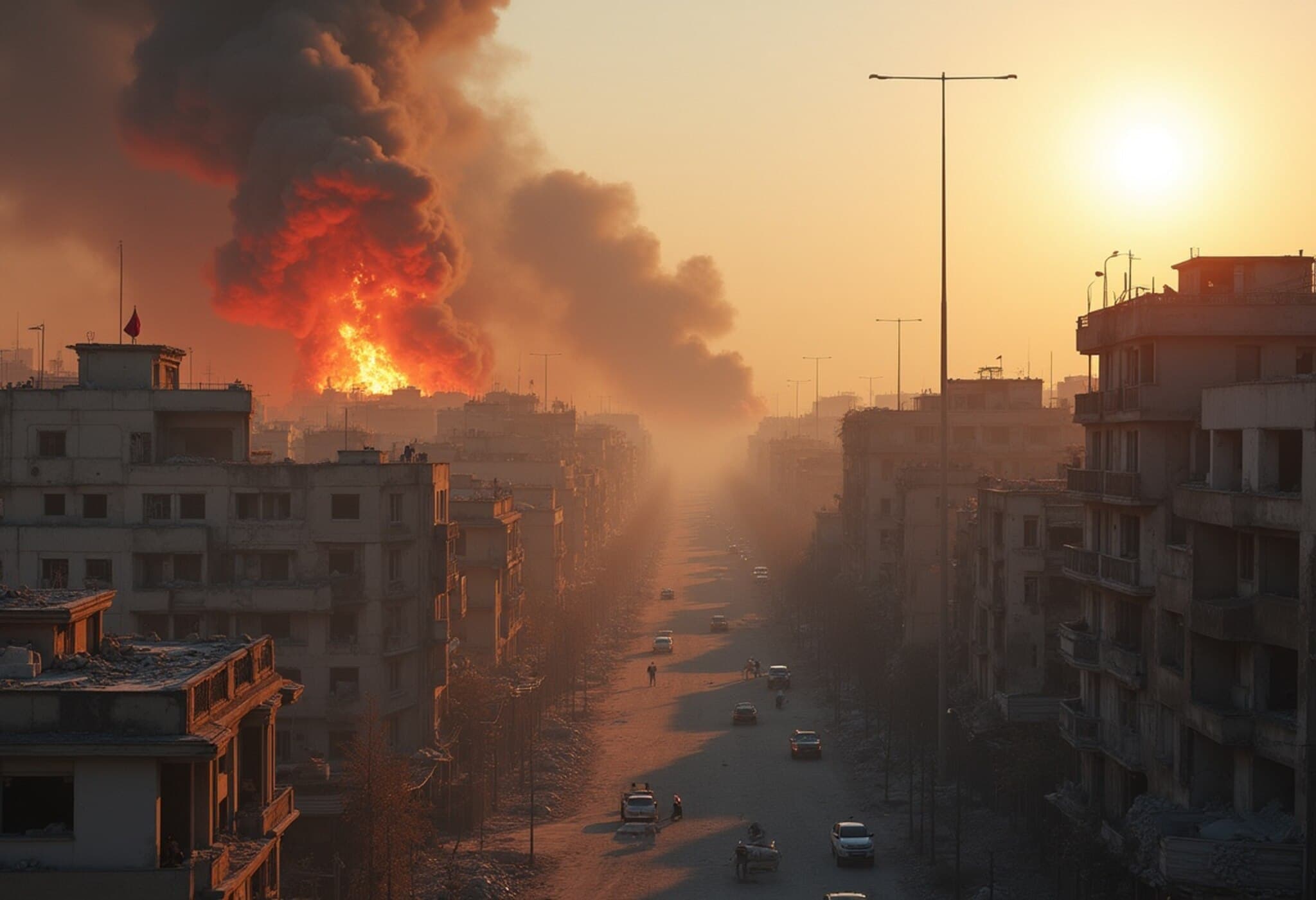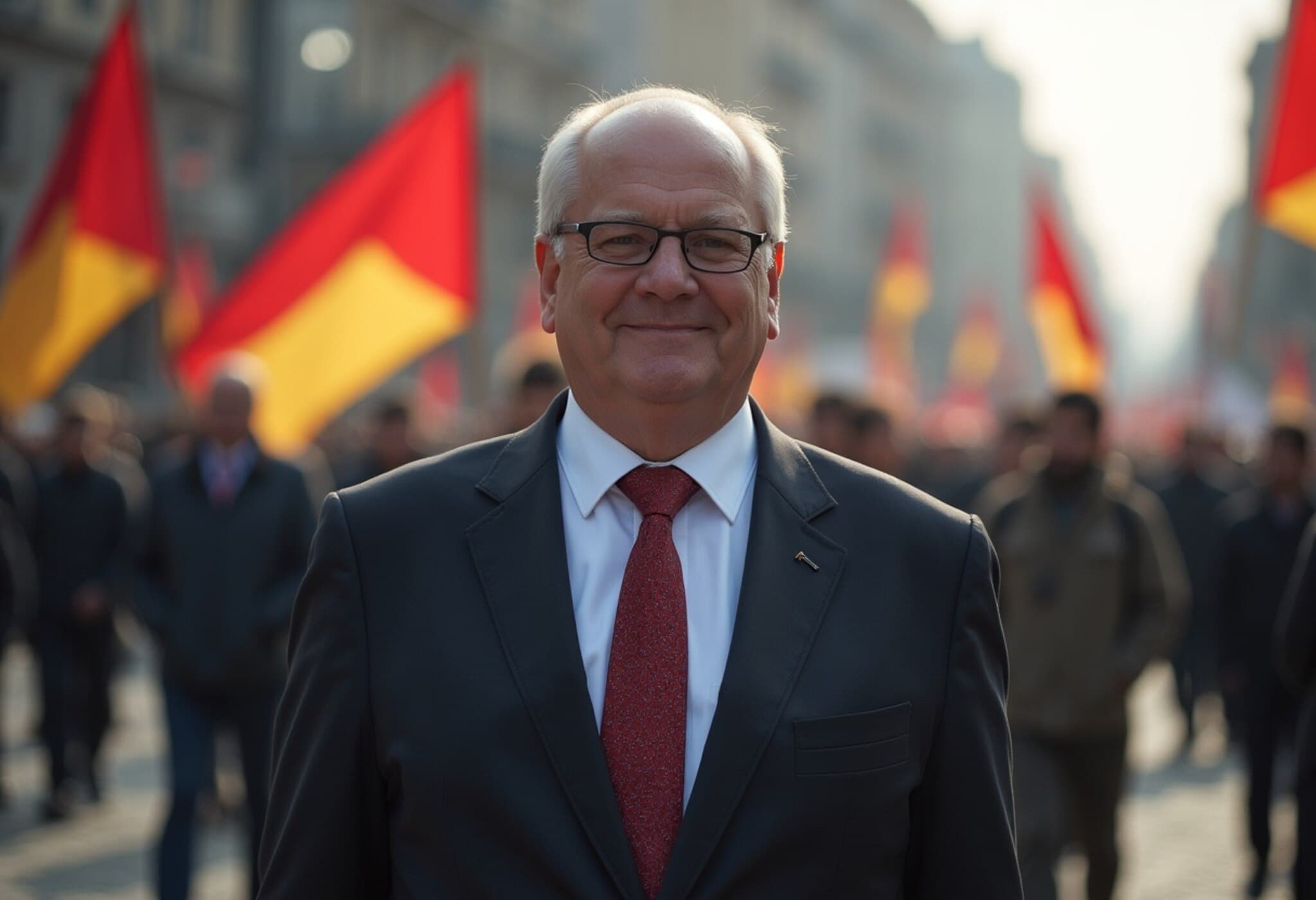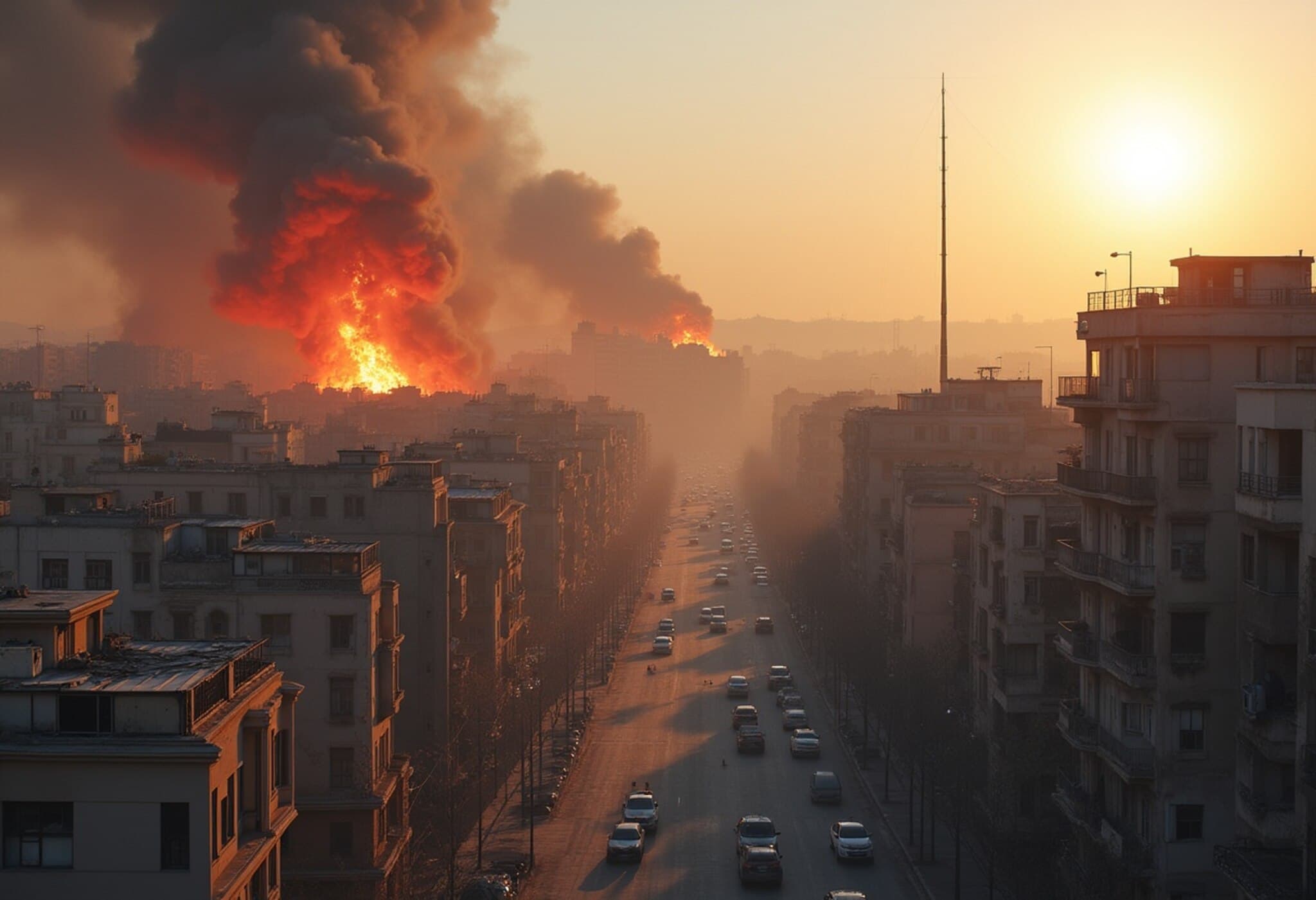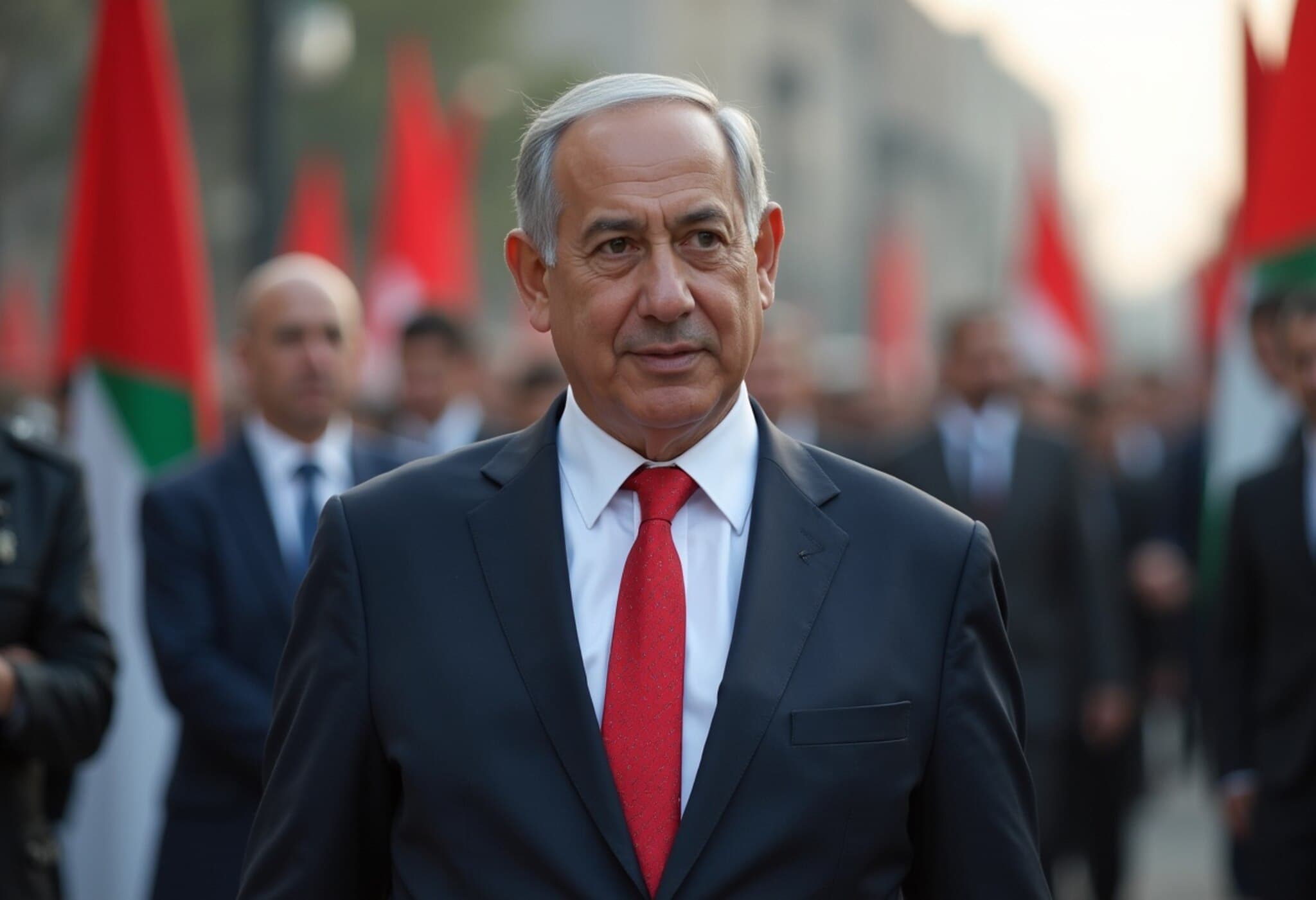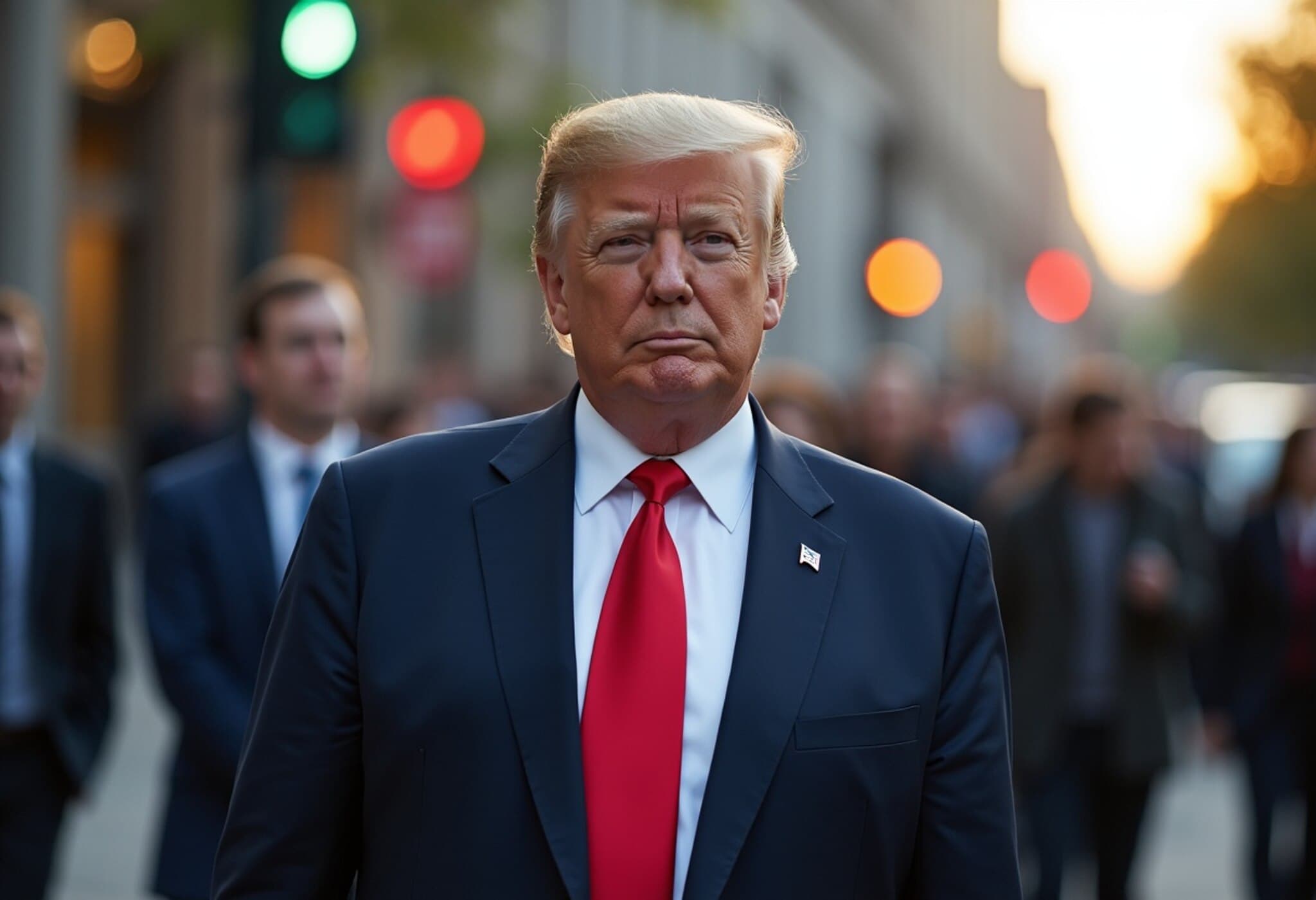Fatal Attack on Al Jazeera Team in Gaza Ignites Controversy
In a tragic escalation amid the ongoing Israel-Gaza conflict, an Israeli military strike near Gaza City’s Al-Shifa Hospital claimed the lives of at least five journalists affiliated with Al Jazeera. The attack, which targeted a press tent located at the hospital’s main gate, instantly sparked a wave of concern over the safety of media personnel reporting from conflict zones.
Details of the Strike and Conflicting Narratives
The Qatari broadcaster, Al Jazeera, identified the victims as reporters Anas al-Sharif and Mohammed Qreiqeh, alongside camerapersons Ibrahim Zaher, Mohammed Noufal, and Moamen Aliwa. The journalists were gathered in a tent specifically set up for media coverage when the Israeli drone or artillery strike hit the location.
The Israel Defense Forces (IDF) promptly acknowledged the operation but framed it differently than Al Jazeera’s report. According to the IDF, the strike targeted and eliminated Anas al-Sharif, whom they allege to have been a Hamas cell leader masquerading as a journalist. In fact, the IDF stated that al-Sharif was "responsible for coordinating rocket attacks against Israeli civilians and troops," supported by intelligence documents seized in Gaza.
This assertion stirred immediate backlash from journalistic circles worldwide, with Al Jazeera condemning the killing of its staff as part of a "relentless campaign of incitement" by the IDF against reporters covering the Gaza conflict. Palestinian journalist organizations echoed these concerns, decrying the apparent targeting of media personnel during military operations.
Broader Implications for Press Freedom and Conflict Reporting
The deaths raise profound questions about the perils faced by journalists operating in war zones, particularly in conflicts as fraught and asymmetric as the Israel-Gaza war. The designation of a journalist as a combatant or militant by military forces is contentious and has significant implications for international law and press protection conventions.
Experts warn that blurring the lines between journalists and combatants could undermine the principle of press neutrality, putting all frontline reporters at heightened risk. The Committee to Protect Journalists and other watchdog groups have documented growing threats against media workers in conflict zones globally, emphasizing the urgent need for comprehensive safeguards.
Regional Context and Political Ramifications
Israeli Prime Minister's recent calls for intensified military control over Gaza City coincide with heightened violence and scrutiny over humanitarian conditions in the Strip. The killing of journalists has intensified debates over the conduct of hostilities and adherence to international humanitarian law.
Meanwhile, Hamas framed the incident as a possible indicator of broader Israeli offensive strategies, warning of escalating violence to come. For Palestinians and many observers in the international community, the attack symbolizes not only a human loss but also a chilling message to the media attempting to chronicle the war’s realities.
What Lies Ahead for Journalists in Gaza?
- There is a growing call for independent investigations into the incident to ascertain the facts and assess compliance with the laws of armed conflict.
- Media organizations are re-evaluating their operational protocols in Gaza to enhance safety measures amid increasing hostility.
- International bodies and advocacy groups are urging all parties to respect press freedom and protect journalists as neutral observers.
Editor's Note
This tragic incident underscores the razor-thin line between frontline reporting and becoming unintended casualties in conflict zones. It raises difficult questions about the responsibilities of media outlets, military actors, and international institutions in safeguarding journalists who play a crucial role in informing the world. As the Israel-Gaza conflict unfolds with ever more devastating human consequences, a renewed commitment to press freedom and protection is essential—not just as a legal obligation but as a moral imperative for global democracy and accountability.

